The True Cost of Free Speech
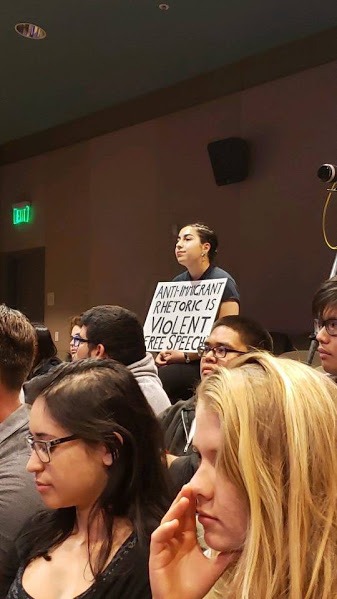
Photo courtesy Chloe Littleton
On the morning of Monday, April 22, a large banner stood outside the campus bookstore messily spray-painted with the phrase “Build the Wall”.
The students tending to this banner claimed it was their freedom of speech and were handing out leaflets promoting an event put on by YAF (Young Americans for Freedom) in which a guest speaker would be coming to campus to give a speech on the necessity of border security in the country.
It is appalling that the university would allow an event like this to take place since Cal State LA is a diverse campus with a high population of undocumented students and Latinx students.
The safety of students on campus should be the university’s top priority since safety outside of campus is not guaranteed. The presence of this banner on school campus is threatening to students.
It suggests that Latinx people are unwelcome on campus, as well as the country. Although YAF argues that the poster represents discouraging illegal immigration and encouraging legal immigration, what YAF does not address is the negative effects that the idea of the wall has had on immigrants already, such as deportation, separation of families and detainment of immigrant children.
By allowing YAF to exercise their freedom of speech in a way that references xenophobia, the University administrators have failed in protecting its undocumented and Latinx students’ safety. If President Covino truly stands “in unwavering solidarity with all our students”, then he would have cancelled the event instead of making claims against it while allowing it to move forward.
I attended Knowles’ speech and brought with me a sign that read “anti-immigrant rhetoric is violent free speech.” He addressed me and my sign several times throughout the event and argued that speech cannot be violent.
This is not true, according to the 1942 Chaplinsky v. New Hampshire case, in which it was declared that “Fighting words are ‘those which by their very utterance inflict injury or tend to incite an immediate breach of the peace.”
Fighting words have been declared by the Supreme Court to be unprotected by the First Amendment. Violence is defined as “behavior involving physical force intended to hurt, damage, or kill someone or something.”
Supporting anti-immigration is violent because it has resulted in hurting and damaging of families from Mexico since the zero-tolerance policy was put into effect, which caused migrants and their children attempting to cross the US-Mexico border to be separated, many of which, according to the American Civil Liberties Union (ACLU), have still not been reunited.
YAF’s use of the phrase “Build the wall” can also be considered violent speech since it incited an immediate breach of the peace on campus; students reacted by feeling uncomfortable, disrespected, upset and unsafe. Because of this, YAF’s banner is in violation of freedom of speech and should be removed from campus.
YAF responded to those of differing opinions with the argument that all students are welcome to come to YAF’s meetings and events to debate on every topic.
However, the members and supporters of this club, along with the attendees of these events, are not respectful to people who calmly approach with an opposing viewpoint.
The club does not create a safe and fair environment for which a debate can take place. For example, at the end of his speech, Michael Knowles allowed approximately an hour of audience questions.
He interrupted and disrespected every single person who came up to ask questions with intentions of fair debate. He even went so far as to question the intelligence of faculty members who disagreed with him and condemned the future of the school based on the incompetence of our professors.
Personal attacks are not productive during debate, therefore the club cannot defend themselves by saying that everyone is welcome to debate with them. Freedom of speech, like school privileges, is limited. There are forms of speech that are not protected under the First Amendment and these technicalities need to be looked at more closely by administration when considering event proposals.

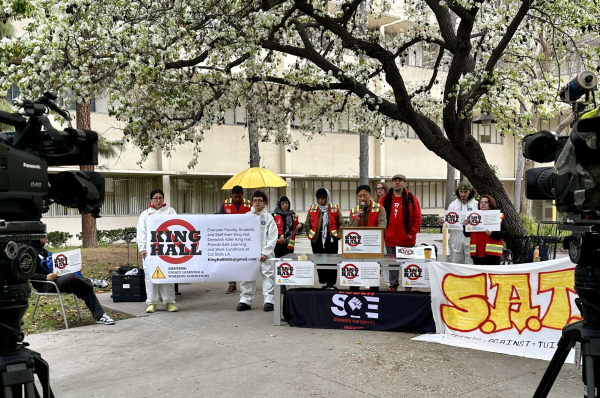
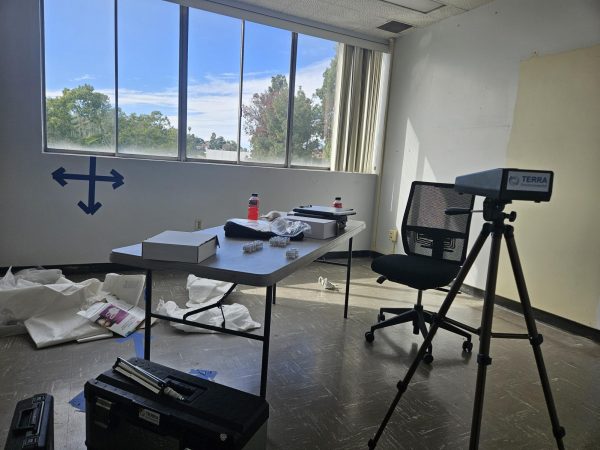

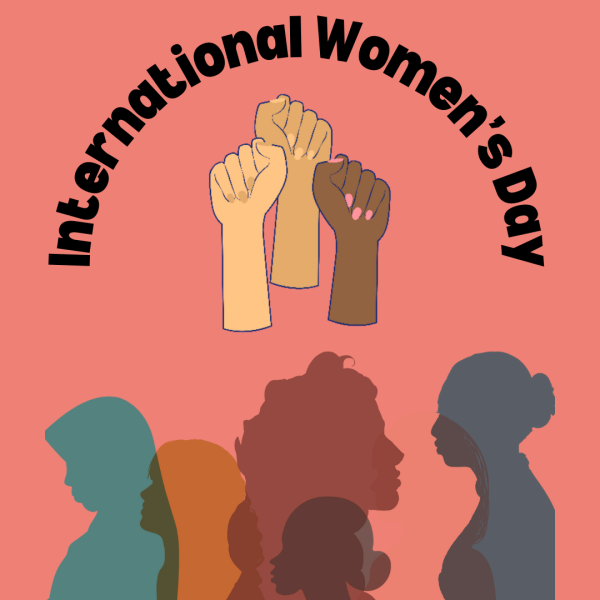

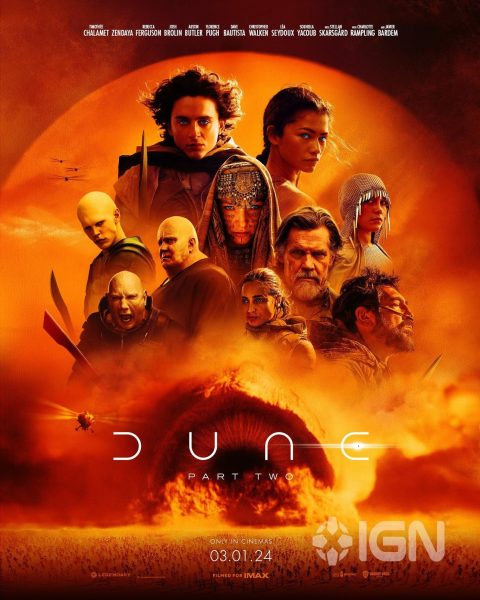
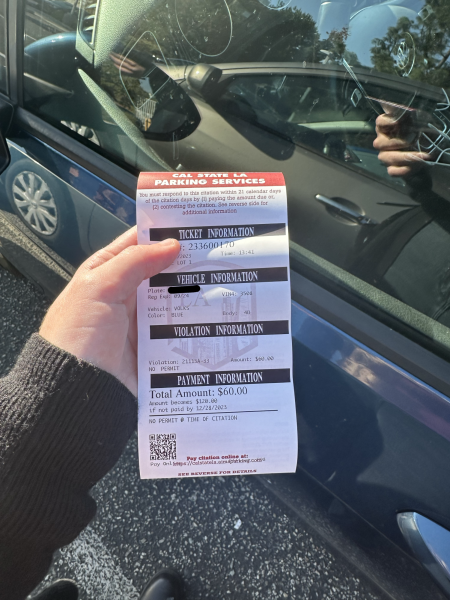
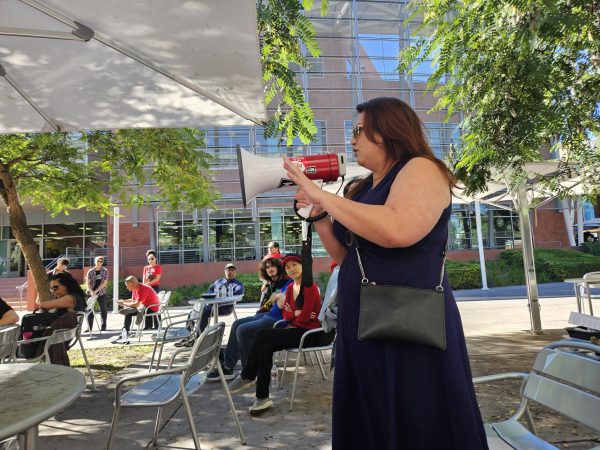
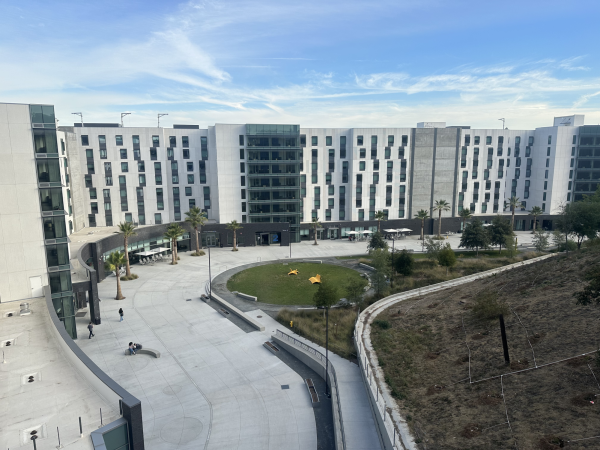
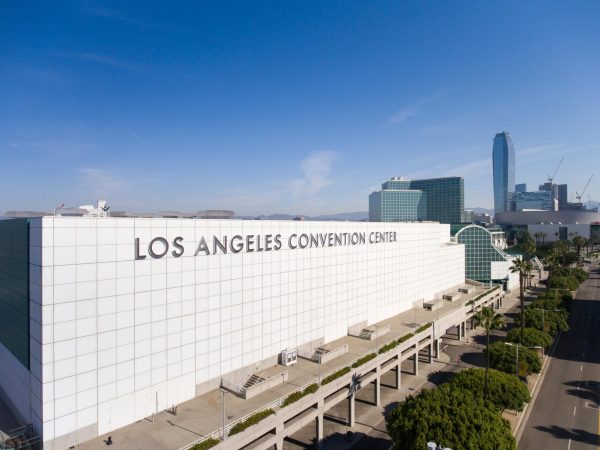
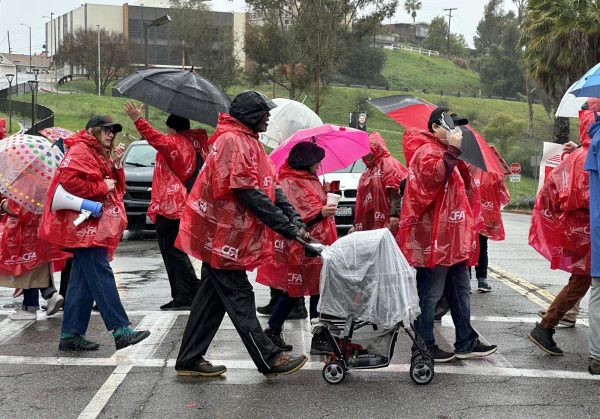
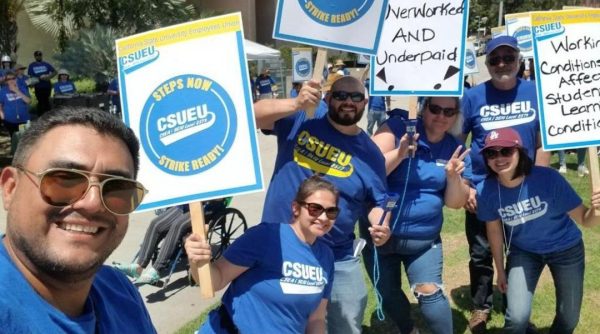
Rat • Apr 16, 2021 at 10:32 am
I realize I’m late to the table on this…
TO THE AUTHOR OF THE OTHER REPLY….that is the most useless reply to an article that I’ve ever read. You sound like a 4 year old throwing a tantrum because someone doesn’t like the same Power Ranger as you.
That wasn’t a smear piece. You don’t seem to have a solid grasp on reading comprehension. Hopefully you are still in school and can work on that. Nowhere was there a display of entitlement or weakness and you used “minority intellect” incorrectly. “Snowflake” suggests weakness or frailty and an irrational oversensitivity. The author is brave enough to confidently speak her mind loudly in the face of opposition…”snowflake” would more encompass the author of that reply (you) .
You sir are a moron and part of the reason we can’t have nice things. Conversations between opinions in opposition are the most valuable forms of intelligent communication and should be treated as important exchanges of information set to benefit all parties. You walk away either learning something new or stand more firm in your own opinion. There are too many smooth brained dough heads like yourself just waiting for smart people to speak so you can cheer them on and somehow feel like you are important and on a team. It’s not a football game. Healthy disagreement is the key happy coexistence.
TO THE AUTHOR: Great piece. Very well written and although I don’t fully agree, some excellent and irrefutable points made. During the talk there was a prof who mentioned either being with you or supporting you (and others?). I’m sorry I don’t know her name (British accent and round glasses) but I was curious if this conversation was ongoing anywhere online? I’m interested in learning more. That prof asked a very good question but all Knowles did was rant about something else and then interrupt her repeatedly when she tried to re-center the dialog. Her question was “What role do you think structural racism and inherent bias has to play in your statistics…”. Not only was a I really hoping to hear an answer to that, it also made me more interested in the topic that drove the question. At any rate, that was 2 years ago and I doubt these comments are still read! Cheers 🙂
Jerry • Apr 1, 2022 at 2:27 pm
A late comment for Rat, a well placed name, just remember that illegal immigrants are by the very definition doing something illegal. All forms of illegal immigration should be protected against regardless of the border`s location. People who take offense to someone who wants to enforce our laws are in the wrong at all times.
timwilliams • May 2, 2019 at 11:20 pm
LOL . Nice smear piece. I saw the entire lecture. It’s like you wrote this article under the premise that, “Knowles said something I didn’t like. therefore, he and all of YAF must be racist. My feelings were hurt, and that is hate speech.”
My goodness, I hope you are the minority intellect in the country, because the world will collapse at the hands of this kind of entitlement and weakness. Keep being a snowflake. Lets see how you react when the real world punches you in the gut once you get out of your academia bubble.